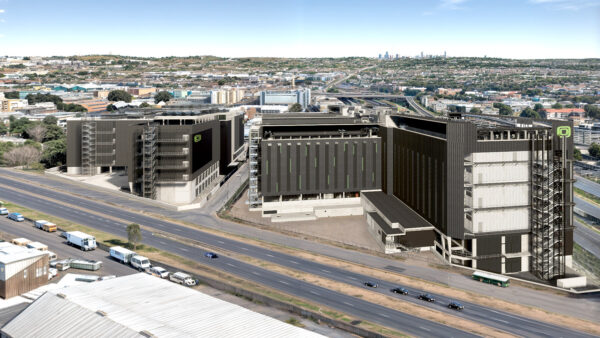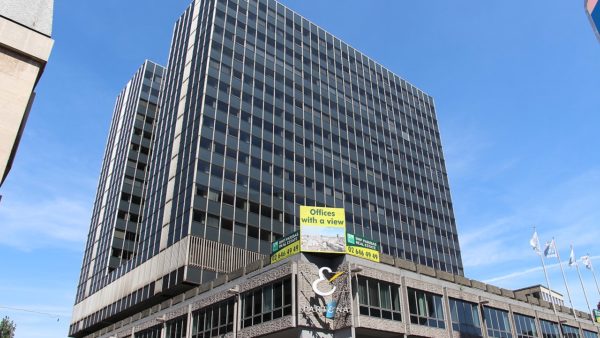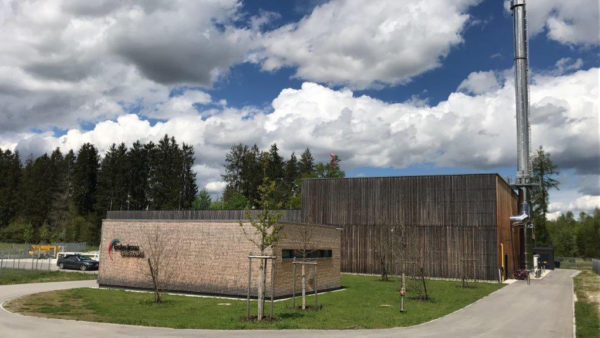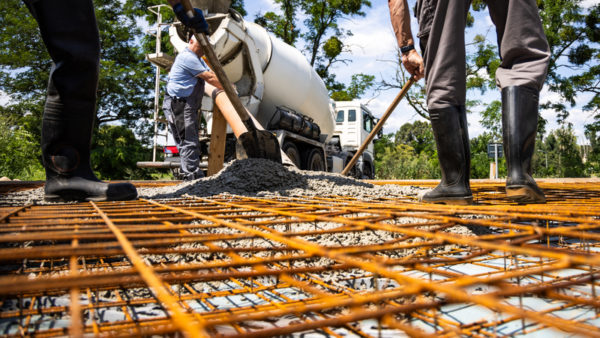The value of the average construction dispute rose almost 60% last year, reaching $51m compared with $32m in 2013, according to research by Dutch consulting engineer Arcadis.
Our insights suggest that where a programme experiences difficulties, arising disputes very often escalate into multi-billion dollar ‘mega’ disputes– Mike Allen, Arcadis
The greatest rise was in Asia, where the average dispute has doubled from $42m to $86m.Â
In the Middle East, sums in dispute rose from $41m to $77m – another steep rise but still substantially less than the peak of $113m reached in 2011, when the fall-out from the collapse of the United Arab Emirates’ property market was being processed.
The third region to report a rise was Continental Europe, where the value of claims has risen from $28m to $38m.Â
The two regions to experience a drop in claim values was the US, down from $34m to $30m, and the UK, from $28m to $27.  Â
Big projects, big claimsÂ
The high level of claims in Asia reflects the size of projects being undertaken, said Arcadis.
Parties that parked their losses now have the funds to pursue those claims. We forecast that this trend will continue into 2015 as more parties have the required liquidity– Edward McCluskey, Arcadis
“Clearly, the risks are exacerbated in a market where projects are being aggregated into major programmes, which themselves contain huge contractual and delivery risks,” said Mike Allen, the global leader of contract solutions for Arcadis. “Our insights suggest that where a programme experiences difficulties, arising disputes very often escalate into multi-billion dollar ‘mega’ disputes.”
Allen said the largest dispute that Arcadis had been involved in was greater than $2bn.Â
Vincent Connor, the head of law firm Pinsent Masons’ Hong Kong office, commented: “The doubling in the value of sums in dispute [in Asia] certainly fits with our experience – and as Arcadis observes, the size and complexity of infrastructure projects procured in the region very much influences this.” Â
More cash to clashÂ
In the Middle East, one cause for the rise in the value of disputes was the revival of the market, which gave aggrieved parties the funds to reactivate claims, Arcadis said. Â
“Parties that parked their losses now have the funds to pursue those claims. We forecast that this trend will continue into 2015 as more parties have the required liquidity,” Edward McCluskey, head of alternative dispute resolution at Arcadis, told the Albawaba website.
The principal cause of disputes around the world is a failure to administer the contract, often because managers make incorrect assumptions about what is in the documentation–
Joint ventures in the Middle East seem also to be riskier than elsewhere. A striking statistic from disputes in the Middle East was that almost half of joint ventures ended up in dispute during the year. That’s the highest of any region covered for two years running, the report said. Â
Excessive haste
The principal cause of disputes around the world is a failure to administer the contract, often because managers make incorrect assumptions about what is in the documentation.
Other causes are poor contract drafting, errors in the documentation, a failure of parties to understand their obligations and a failure on the part of clients to make interim awards on extensions of time or compensation.Â
Another cause is excessive haste among client organisations to deliver the built asset and have it making money as quickly as possible, which can cause increased risks and possible shortcuts in delivery. Â
The report was based on disputes handled by Arcadis and its EC Harris Contract Solutions team over the course of 2014.Â
Image: Skyline of Dubai. The size of the average dispute in the Middle East rose steeply, but is still well below the post-crash level (Source: Jan Michael Pfeiffer/Wikimedia Commons)






